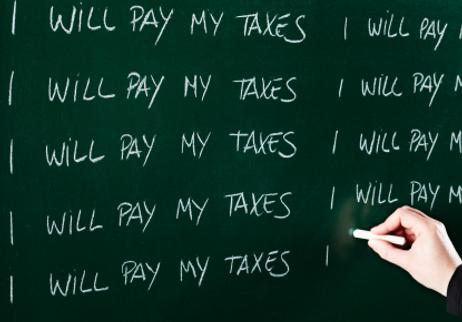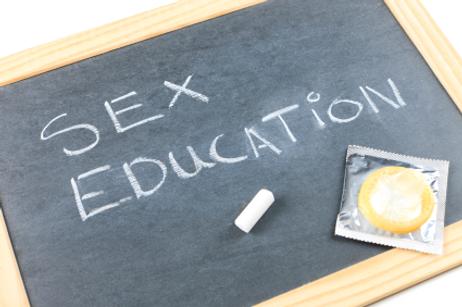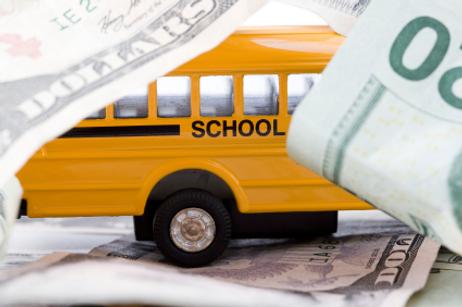A new Gallup poll suggests that while most adults in this country are not thrilled with the state of public education today, they are supportive of the teachers responsible for the education of their children. The survey showed that three in four Americans have “trust and confidence in public school teachers,” but do not think much of teachers’ unions or the government when it comes to the current quality of education. The poll comes at an interesting time in public education history, when tight budgets, concern over academic performance and teacher layoffs have become commonplace across the country.
About the Poll
The recent survey was conducted by Gallup and Phi Delta Kappa International, a professional education association. The poll interviewed 1,000 people on some of the most compelling topics in the education world today, including teacher quality, the role of unions, and school vouchers. The results were announced and explained at a news conference at George Washington University last week.
Support for Teachers
The survey found that of the 75 percent who said they have the confidence of public school teachers, the highest rates of trust were found among parents, those with college degrees, and people who were younger than 40, according to a report at the . The same number also believed that teachers should have more control over their lessons. Two-thirds would support their children becoming public school teachers, and even more, thought that high-achieving high school students





















